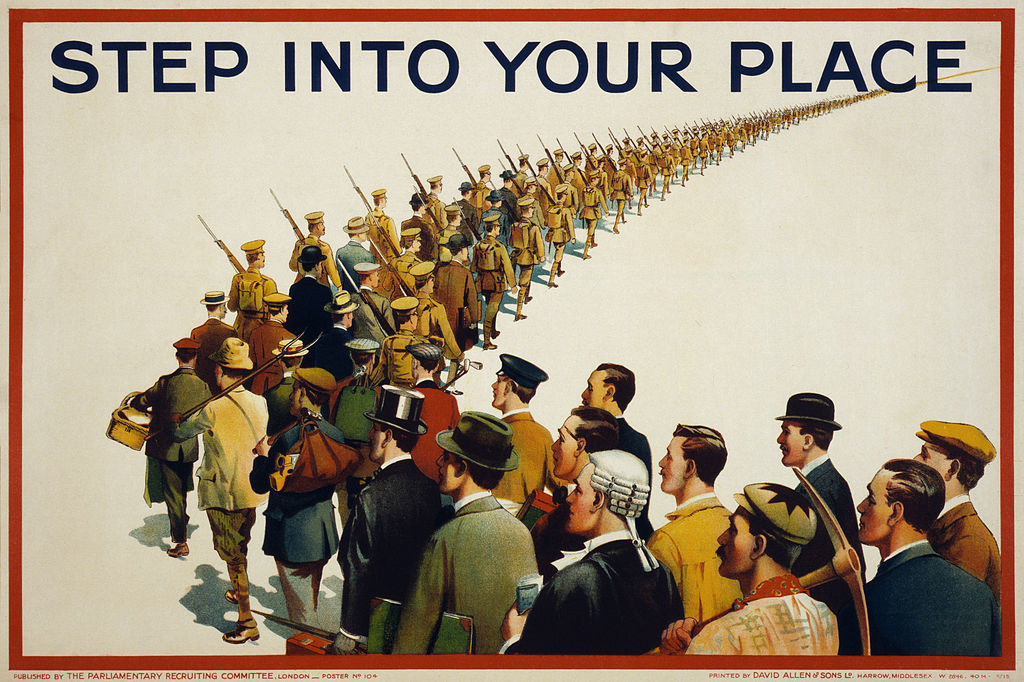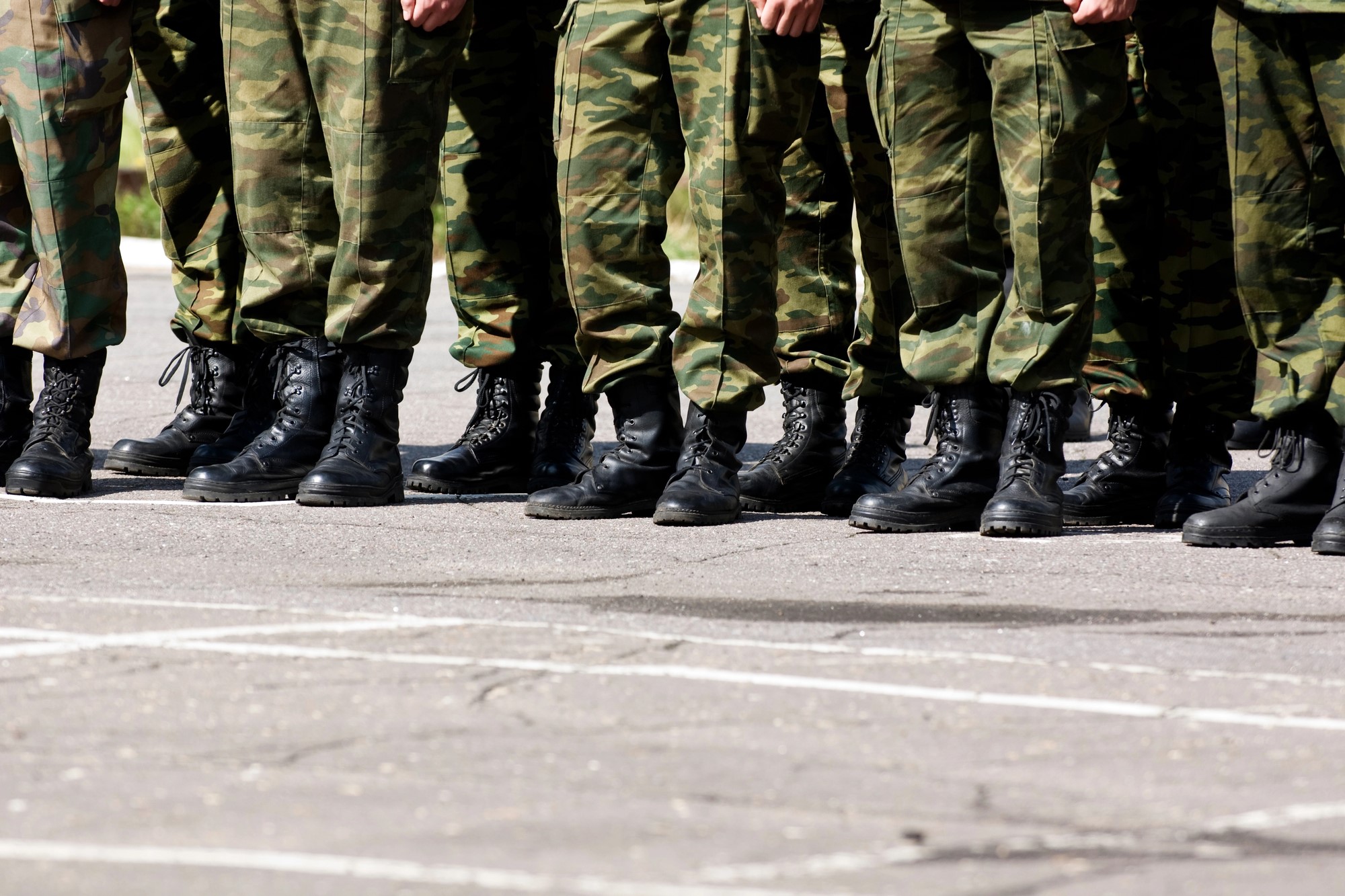WWIII?: Desensitization, Alarmism, and Anxiety
With the recent American airstrike which killed Iranian General Qassem Soleimani the internet has been abuzz with talk of a Third World War. This includes plenty of talk on Twitter about an imminent global war as well as countless memes which address everything from the potential widespread damage to the possibility of being drafted. This raises an important ethical issue: is it justifiable to raise the specter of a Third World War over this matter and is it okay to joke about such things?
To recap the current situation, following attacks on the American embassy in Baghdad, American drones targeted Soleimani just after he was getting off of a plane in Baghdad killing him and nine others. In Iran, Soleimani was considered a “folk hero” for his long military history. Following the attack, Iranian officials called the move “a foolish escalation,” while the Iranian President has called for revenge. Because of this situation, there are now worries that open conflict between the United States and Iran is a real possibility and that this could be the beginning of a new World War. Comparisons have been made on Twitter between the death of Soleimani and the death of Archduke Franz Ferdinand whose assignation famously started the First World War.
While a war between the United States and Iran is possible, the outbreak of a world war is unlikely. Still, the use of the concept of “Word War Three” is ethically salient. For starters it is alarmist language that could cause some forms of panic. The website of the Selective Service System crashed on Friday because of the “spread of misinformation” as many apparently were concerned about the possibility of being drafted into military service. Secondly, the flippant use of the term “World War Three” can now be added to several other historical scares, and continued use of the term may not only desensitize us to the possibility of an actual future war but also to the First and Second World War. It is easy to label a conflict as a possible “sequel” to the two historical events, but it is much more difficult to review the historical record in order to understand why those two wars were world wars, why they came about, and how the world has since changed in comparison.
Beyond the rhetoric, there is also controversy because of the jokes and memes which the incident has inspired. Several of these make reference to the possible widespread death, being drafted, being imprisoned for refusing the draft, and becoming a prisoner of war. A recent article by Katherine Singh is critical of such posts noting, “people on the internet have pretty much not taken the issue seriously.” She argues that joking about the draft is rude to those who were drafted and had to serve in the armed forces prior to 1973. It is additionally rude to those who are currently serving in the Middle East and face a very real danger of potential harm; such jokes do not take into account the real effects of war and the threat to civilians in the region. She asks, “How horrible is it that we’re so desensitized to warfare that we make memes and jokes about the prospect of airstrikes and combat?”
On the other hand, joking or making light of a world war is hardly new. Many early recruits of the First World War jumped at the chance simply to escape the boredom of life at home as the possibility of going to France and meeting French girls seemed exciting. Recruitment stations often advertised a “free trip to Europe.” Once at the front “trench newspapers” would joke that the sport of hunting was “open season all year round” with “no permit required.” Pilots in the Flying Corps, who faced the real possibility of burning to death in their cockpit, would joke about “joining the sizzle brigade.” Such humor would not be out of place in the memes of today. In the Second World War the slow start was dubbed the “The Phoney War” and the “Sitzkrieg.” During The Blitz of London, as civilians died or lost their homes, the BBC broadcasted satirical pieces about fictional officials of the German Propaganda Ministry. The fact that people of the day could joke about such things does not mean that they were desensitized to war, but rather that humor can be a way of dealing with anxiety and stress.
The humor found in modern day memes about a hypothetical World War Three is not necessarily any different than the humor derived from previous world wars. They may not reveal a desensitization to war, but they may, in fact, be a symptom of real anxieties that younger people might have about their future and their control over it. If such a war broke out, it would be younger people who would be expected to do most of the fighting and would have to deal with the long-term consequences. Large global conflicts such as World War Two or even the Cold War are not part of the lived experiences of many young people, and so the possible threat of a break down in the global order may be a real source of anxiety over a future that they are not prepared for. This can be true of other cases like climate change or the rise of populist and nationalist movements as well.
One must also consider whether joking about avoiding the draft or about going to war is worse than mere indifference to these possibilities. If the reaction was a collective shrug, it might suggest that people are desensitized to the possibility of war. Everything requires perspective. In some cases, alarmist language and jokes about war can be ethically harmful and desensitizing. It’s easy to euphemize the assassination of a general by stating that “Bullies Understand a Punch the Nose,” but the analogy breaks down if the bully then decides to set your neighbor’s house on fire in response. On the other hand, making light of war can be a way of reminding us what is at stake and help us deal with our anxieties about global conflicts that we may have little control over.





